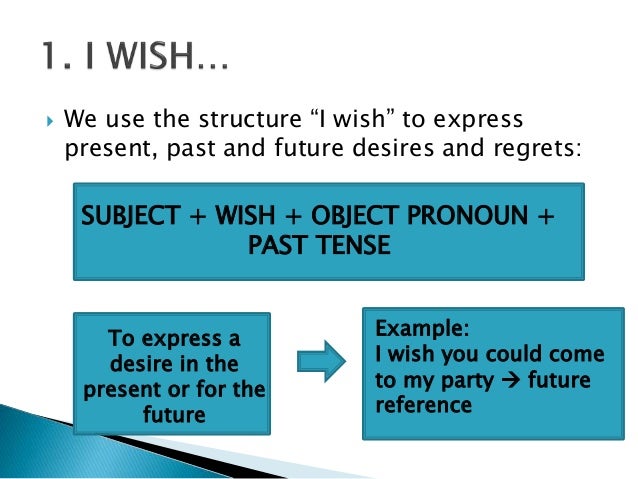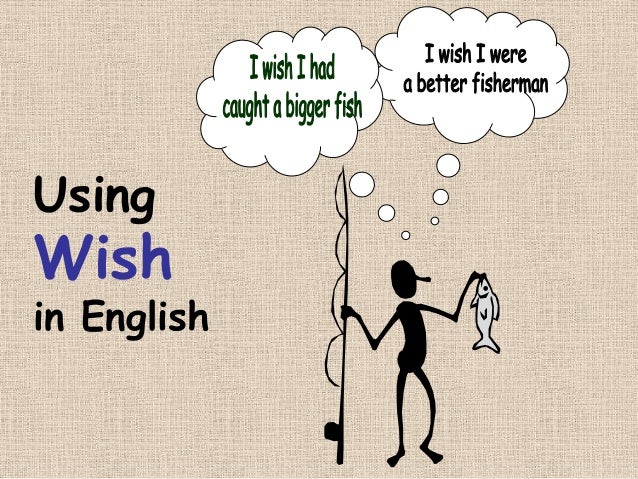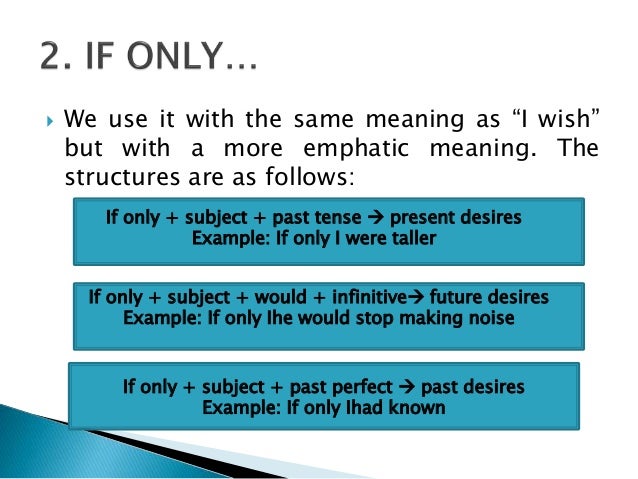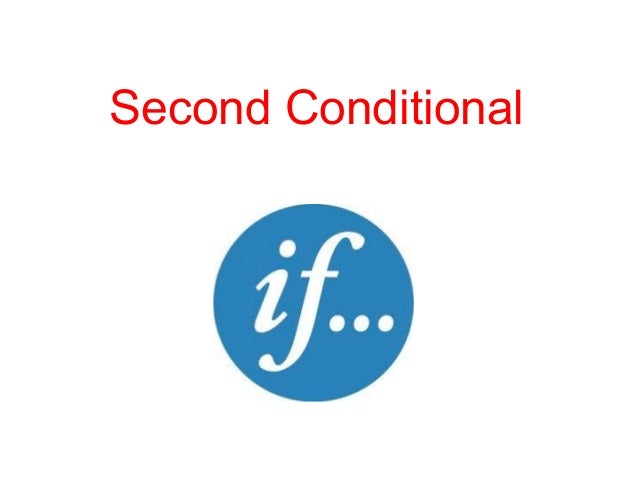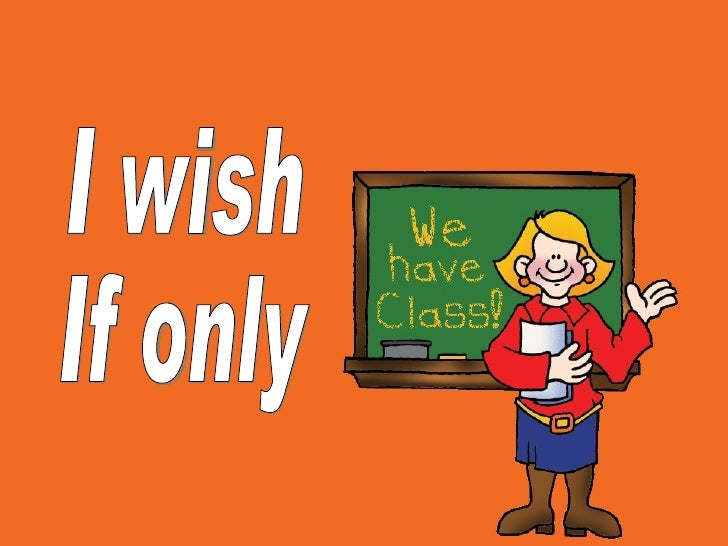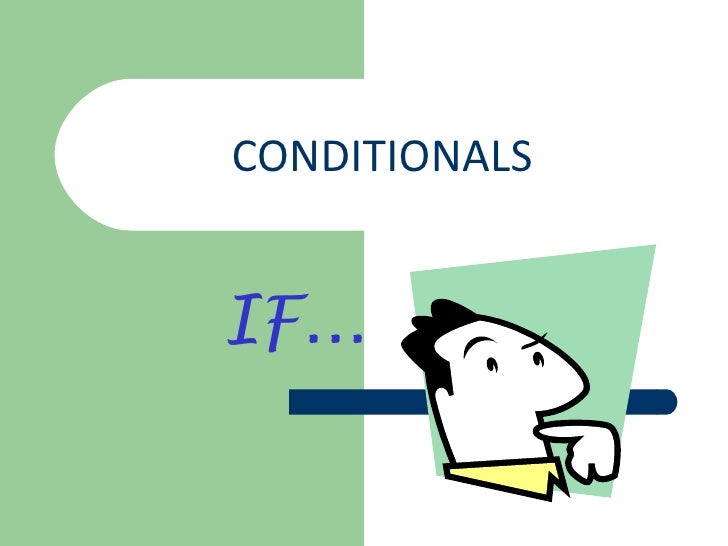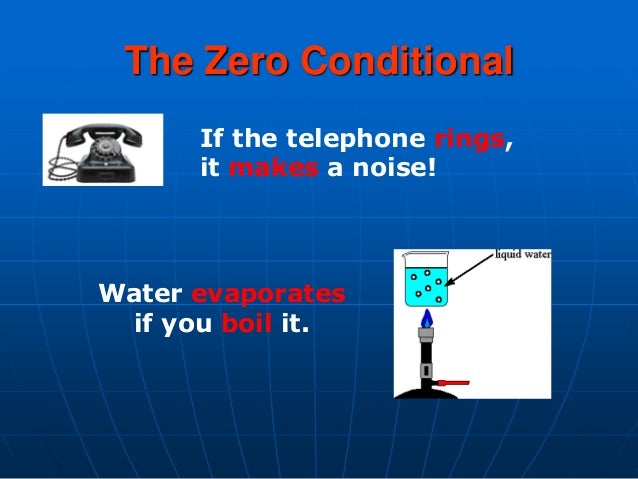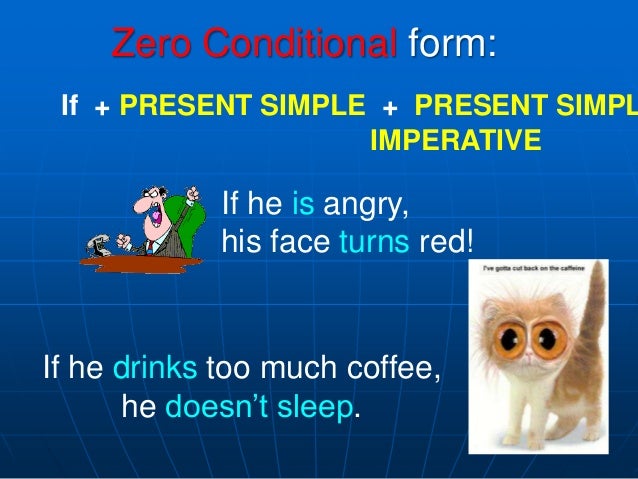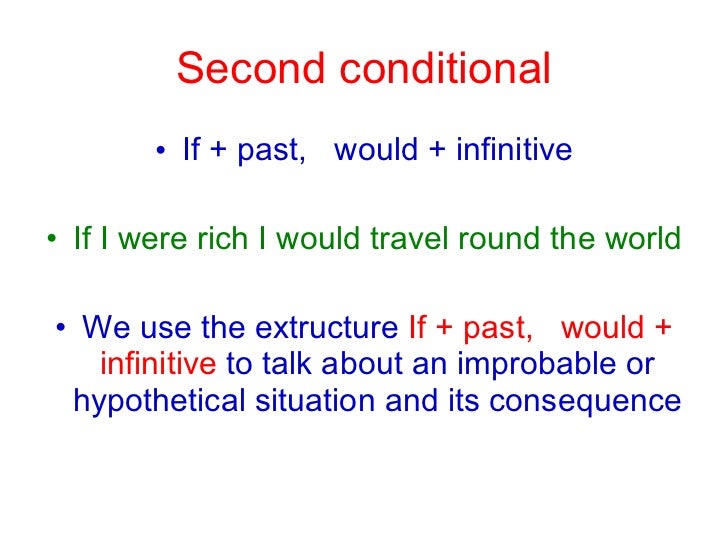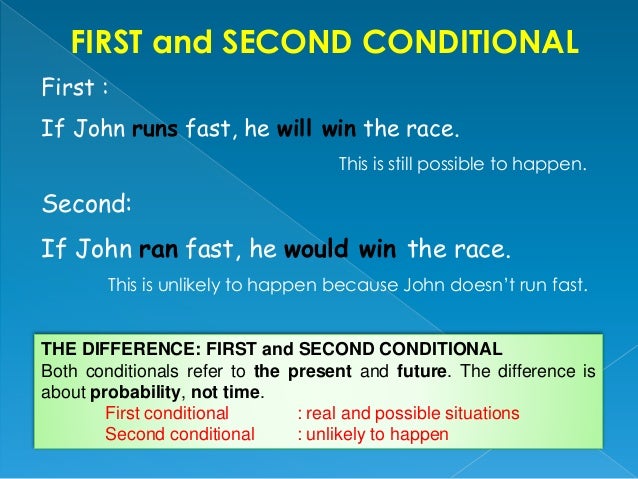PREFIXES

A prefix is placed at the beginning of a word to modify or change its meaning. This is a list of the most common prefixes in English, together with their basic meaning and some examples. You can find more detail or precision for each prefix in any good dictionary.
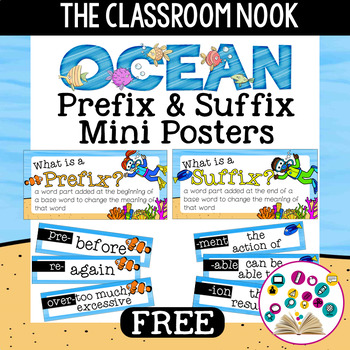
The origins of words are extremely complicated. You should use this list as a guide only, to help you understand possible meanings. But be very careful, because often what appears to be a prefix is not a prefix at all. Note also that this list does not include elements like "auto-" or " bio-", because these are "combining forms", not prefixes.
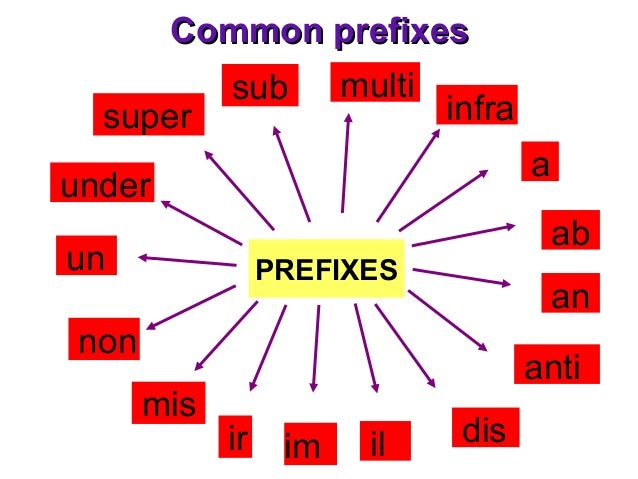
| prefix | meaning | examples | |
|---|---|---|---|
| a- | also an- | not, without | atheist, anaemic |
| a- | to, towards | aside, aback | |
| in the process of, in a particular state | a-hunting, aglow | ||
| a- | of | anew | |
| completely | abashed | ||
| ab- | also abs- | away, from | abdicate, abstract |
| ad- | also a-, ac-, af-, ag- al-, an-, ap-, at- as-, at- | movement to, change into, addition or increase | advance, adulterate, adjunct, ascend, affiliate, affirm, aggravate, alleviate, annotate, apprehend, arrive, assemble, attend |
| ante- | before, preceding | antecedent, ante-room | |
| anti- | also ant- | opposing, against, the opposite | anti-aircraft, antibiotic, anticlimax, Antarctic |
| be- | all over, all around | bespatter, beset | |
| completely | bewitch, bemuse | ||
| having, covered with | bejewelled | ||
| affect with (added to nouns) | befog | ||
| cause to be (added to adjectives) | becalm | ||
| com- | also co-, col-, con-, cor- | with, jointly, completely | combat, codriver, collude, confide, corrode |
| contra- | against, opposite | contraceptive | |
| counter- | opposition, opposite direction | counter-attack, counteract | |
| de- | down, away | descend, despair, depend, deduct | |
| completely | denude, denigrate | ||
| removal, reversal | de-ice, decamp | ||
| dia- | also di- | through, across | diagonal |
| dis- | also di- | negation, removal, expulsion | disadvantage, dismount, disbud, disbar |
| en- | also em- | put into or on | engulf, enmesh |
| bring into the condition of | enlighten, embitter | ||
| intensification | entangle, enrage | ||
| ex- | also e-, ef- | out | exit, exclude, expand |
| upward | exalt, extol | ||
| completely | excruciate, exasperate | ||
| previous | ex-wife | ||
| extra- | outside, beyond | extracurricular | |
| hemi- | half | hemisphere | |
| hyper- | beyond, more than, more than normal | hypersonic, hyperactive | |
| hypo- | under | hypodermic, hypothermia | |
| in- | also il-, im- | not, without | infertile, inappropriate, impossible |
| also il-, im-, ir- | in, into, towards, inside | influence, influx, imbibe | |
| infra- | below | infrared, infrastructure | |
| inter- | between, among | interact, interchange | |
| intra- | inside, within | intramural, intravenous | |
| non- | absence, negation | non-smoker, non-alcoholic | |
| ob- | also oc-, of-, op- | blocking, against, concealing | obstruct, occult, offend, oppose |
| out- | surpassing, exceeding | outperform | |
| external, away from | outbuilding, outboard | ||
| over- | excessively, completely | overconfident, overburdened, overjoyed | |
| upper, outer, over, above | overcoat, overcast | ||
| peri- | round, about | perimeter | |
| post- | after in time or order | postpone | |
| pre- | before in time, place, order or importance | pre-adolescent, prelude, precondition | |
| pro- | favouring, in support of | pro-African | |
| acting for | proconsul | ||
| motion forwards or away | propulsion | ||
| before in time, place or order | prologue | ||
| re- | again | repaint, reappraise, reawake | |
| semi- | half, partly | semicircle, semi-conscious | |
| sub- | also suc-, suf-, sug-, sup-, sur-, sus- | at a lower position | submarine, subsoil |
| lower in rank | sub-lieutenant | ||
| nearly, approximately | sub-tropical | ||
| syn- | also sym- | in union, acting together | synchronize, symmetry |
| trans- | across, beyond | transnational, transatlantic | |
| into a different state | translate | ||
| ultra- | beyond | ultraviolet, ultrasonic | |
| extreme | ultramicroscopic | ||
| un- | not | unacceptable, unreal, unhappy, unmanned | |
| reversal or cancellation of action or state | unplug, unmask | ||
| under- | beneath, below | underarm, undercarriage | |
| lower in rank | undersecretary | ||
| not enough | underdeveloped | ||

